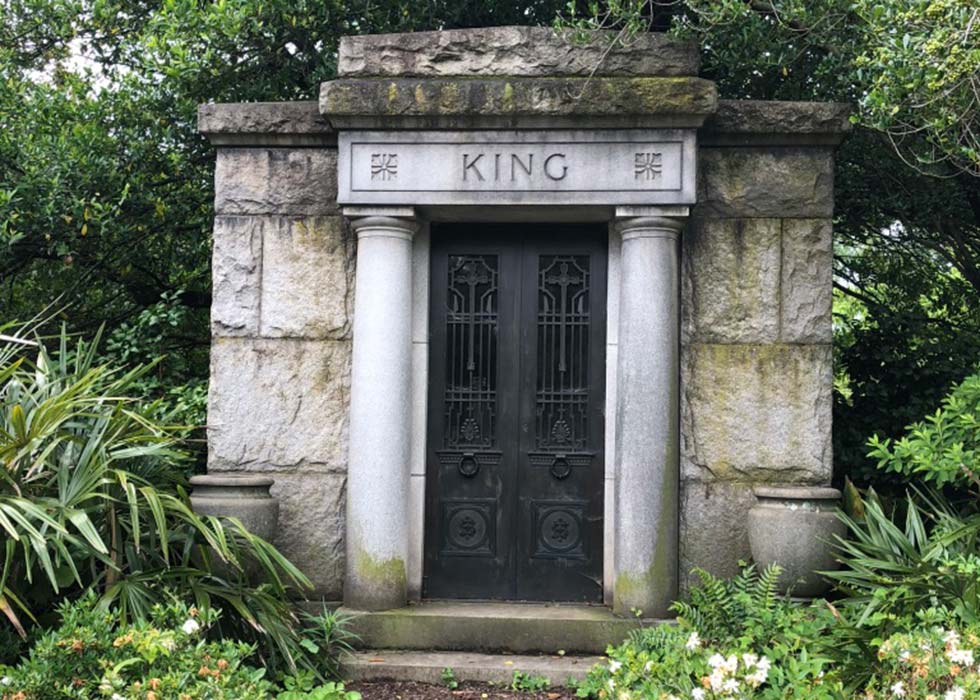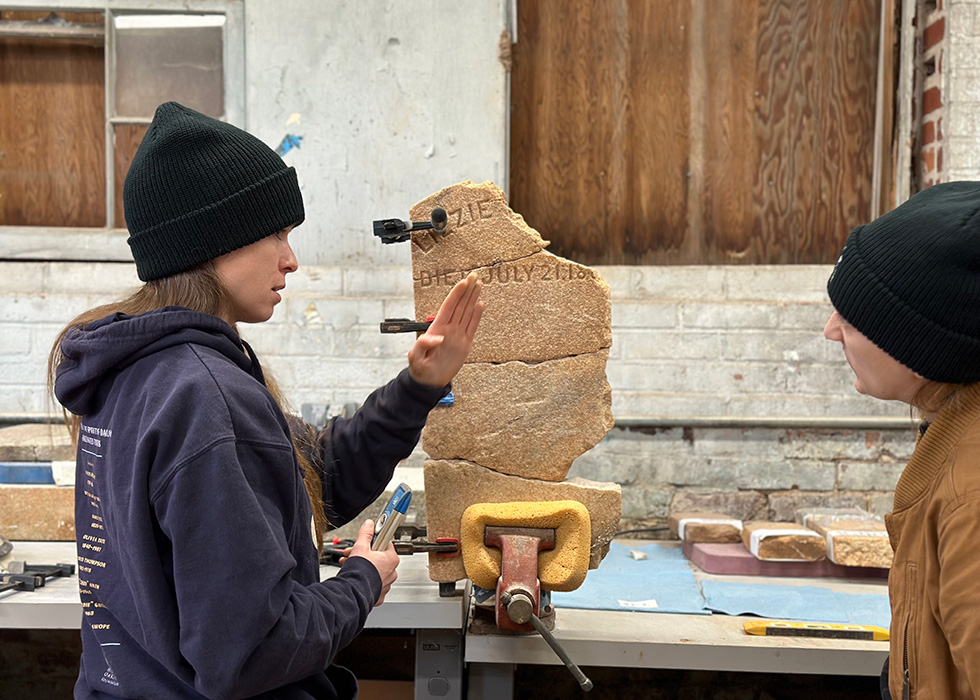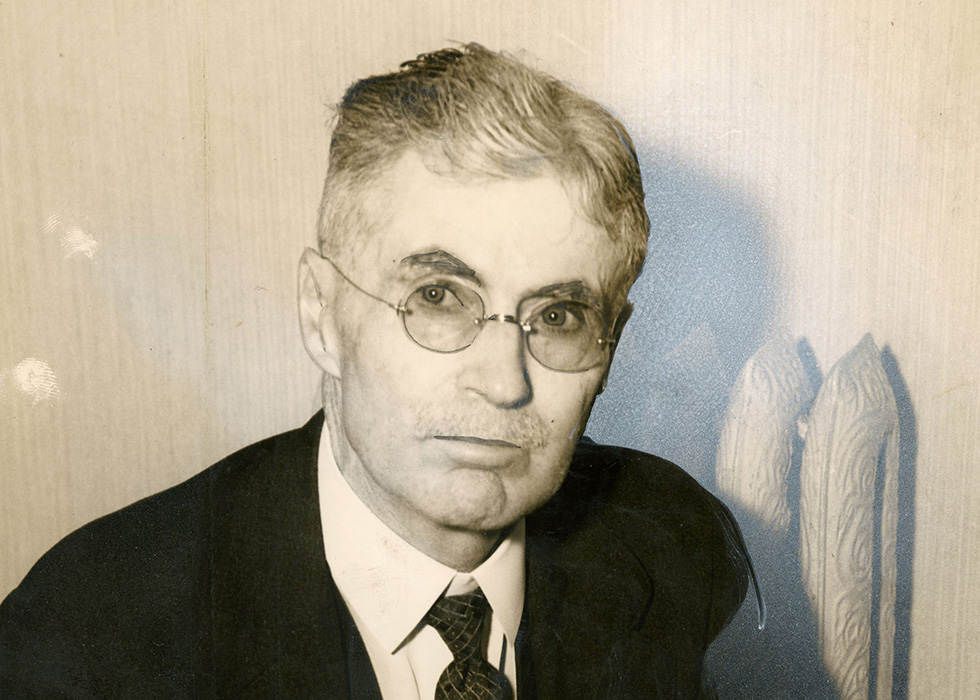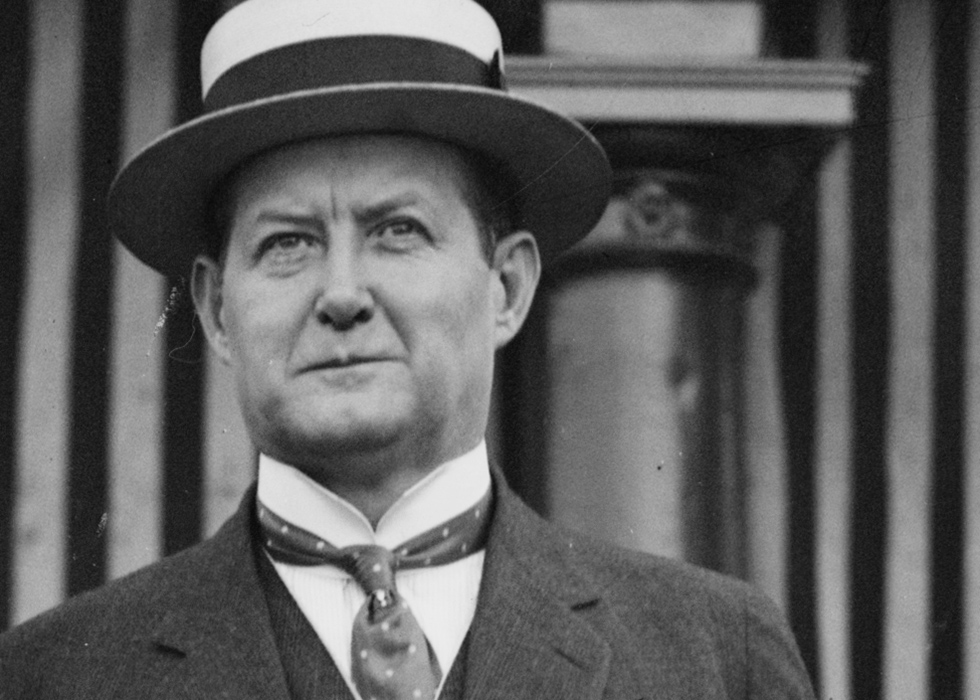
Resident Spotlight: Alice May Fowler King
Alice May Fowler was born on February 22, 1858, to Noah and Flora McKean Fowler in Atlanta. Her father worked in real estate and her mother oversaw the home. Alice was the second born of twelve children. But one seven children lived past their first birthday.
Alice Fowler married Alexander Campbell King on July 13, 1881. King, a prominent Atlanta lawyer, served as general counsel for several different railway companies. He worked at Atlanta & West Point Railroad, East & West Railroad of Alabama, the Richmond and Danville Railroad, and the Chattanooga, Rome and Columbus Railroad. King was also a successful judge. Woodrow Wilson appointed King to the United States Court of Appeals for the Fifth Circuit, a federal court with jurisdiction over districts in Mississippi, Louisiana, and Texas. Alexander King also served as the Solicitor General of the United States. He eventually retired from his work as a judge to become a partner at the firm of King, Spalding, MacDougal & Sibley. He worked there until his death in 1926 from complications of pancreatitis.
While Alexander King ran the courtroom, Alice ran their household and gave birth to their six children. Three children lived beyond infancy. Alice’s loss was not unique. Infant and child mortality rates were high in the 19th century. It was not uncommon to lose a child, even several children. Death was a familiar part of life during the Victorian age, but each loss was still devastating. But with other children to care for and households to run, these grieving women had to continue on with their lives.
Three King children lived into adulthood. Mitchell King (1883-1906) became a lawyer. Edward King (1890-1966) was a medical doctor and fought in World War I. Alexander Campbell King Jr. (1899-1982) also served in the Great War and became a lawyer like his father and brother.
Like many middle and upper-class women, Alice King became involved in several social organizations, including the Daughters of the American Revolution (DAR). Women’s clubs and other similar organizations began as social and literary gatherings, but soon became vehicles for women to call for social reform. Education, temperance, legal reform, and child labor are a few of the issues tackled in the 19th and early 20th century. The National Association of Colored Women’s Clubs (NACWC) combated racism, discrimination, and other social issues African Americans faced. Before women gained the right to vote in 1920, these clubs and social groups provided opportunities for women to exercise political and social influence.
Alice King lived on for almost thirty more years after her husband passed in 1926. She died on January 14, 1955, at the age of 96 from pneumonia. She died in North Carolina and her body was returned to Atlanta to rest near her husband in the King Mausoleum. Other family members buried in the mausoleum include her father-in-law John Gadsen King, mother-in-law Caroline Clifford King, son Mitchell King, son Alexander C. King, and another son, Byard McKean King.



